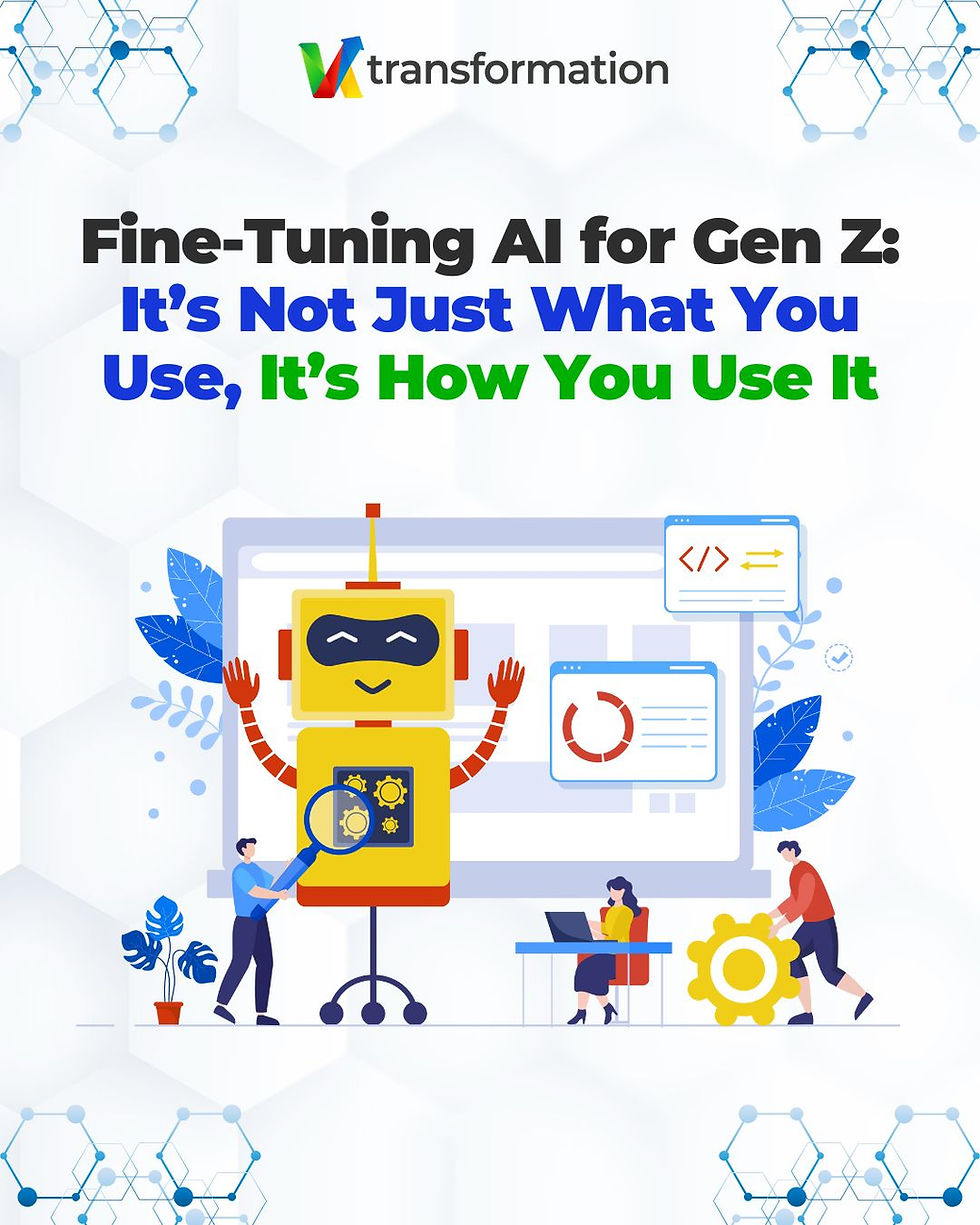Optimising for Google AI: A ‘How To’ Guide
- Gausallyaa Murugiah
- Jun 13, 2025
- 4 min read

Your marketing playbook has just gotten thicker. With the new addition of AI tools on Google, such as AI Overviews (AIOs) and Google’s AI Mode, marketers have more to consider than simply ranking on the search engine results page (SERP). 48% of websites featured in AIOs are not listed on the first page of search results. This indicates that traditional SERP optimization does not automatically improve visibility in AIOs or AI Mode. That said, these features should not be overlooked either. AIOs are now the first thing users encounter when browsing, and appearing in these overviews gives businesses a significant opportunity to capture attention early. Visibility in AIOs can redirect potential customers to your website, ultimately leading to increased click-through rates and conversions. This underscores the importance of strong search engine optimisation (SEO) practices to ensure your content ranks highly on traditional and AI search features.
It is important to first understand the purpose of AIOs before attempting to optimise for them. AIOs are designed to quickly and directly summarise answers to commonly searched queries online. As such, Google’s AI prioritises web pages that are clearly written, with direct and concise responses that align with user intent. Context also plays a critical role. Businesses should aim to clearly explain the purpose, benefits, and features of their products or services in order to address a wide range of related user questions. In addition, on-page SEO remains essential. Title tags and meta descriptions should be keyword optimised, with a focus on low competition, high intent search terms. A study by Ahrefs found that keywords appearing in AIOs have an average difficulty of just 12. Therefore, companies should ideally target keywords with a difficulty score below 20 and prioritise long tail phrases that reflect the natural, conversational language people use when searching.
Alongside SEO, businesses should strengthen their content using Google’s E-E-A-T framework: Experience, Expertise, Authoritativeness, and Trustworthiness. Experience refers to showcasing first hand authorship or personal involvement with the topic at hand, such as user reviews or practitioner insights. Expertise involves demonstrating subject matter knowledge through accurate and detailed content that cites credible sources. Authoritativeness is built by consistently publishing high quality content and earning backlinks or third party coverage that reinforces your reputation. Lastly, Trustworthiness involves transparency by providing traceable contact details, accessible customer support, and adhering to ethical content practices.
So what about AI Mode? Google AI Mode is an immersive chatbot-style experience embedded within the AI Search function. It uses Gemini, Google’s large language model, to engage users in real time dialogue. Much like ChatGPT or other conversational agents, AI Mode can surface links to relevant sources within the flow of conversation. Google is also currently experimenting with ad placements inside AI Mode, which may offer marketers a new way to reach users during their search journeys.
Unlike AIOs, which focus on summarised answers, AI Mode leans more heavily into rich media including images, video, and interactive elements to support more dynamic and exploratory results. For businesses leveraging Google’s Performance Max (PMax) campaigns, this means that ad assets must be well prepared for AI powered environments. It is important to maintain a diverse asset library that includes product photos, logos, lifestyle imagery, and demo videos. All creative materials should be clean, visually relevant, and optimised for mobile. To support this, Google’s AI Studio offers a suite of tools to streamline content creation and ensure that visuals are well formatted and consistent across campaigns. Additionally, Google Analytics provides valuable insights into user behavior and campaign performance, allowing marketers to observe and optimise Performance Max ads based on real-time data.
With the growing array of AI tools available on Google, businesses today, including SMEs with limited budgets and lean teams, have more opportunities than ever to gain visibility and drive results. A strong SEO strategy built on purposeful keyword research, quality content writing, structured data, and AI-optimized performance marketing can significantly boost traffic, engagement, and sales in ways that were previously unattainable. The key lies in understanding how Google’s AI surfaces content and being proactive about aligning your assets, messaging, and structure accordingly. In this new era of search, clarity, relevance, and adaptability are what will set successful brands apart.
How VK Transformation Can Get Your SME To The Next Level: VK Transformation is a strategic consulting, digital marketing and SEO agency that helps SMEs stay ahead in an AI-driven landscape. We offer search engine optimization services such as SEO audits, keyword research and content writing to optimise your digital presence for Google’s latest innovations, including AI Overviews (AIOs) and AI Mode. Our certified Practising Management Consultants empower SMEs to drive growth through brand strategy, business strategy and paid advertising. VK Transformation supports clients in leveraging government grants such as the Enterprise Development Grant (EDG) and Market Readiness Assistance (MRA) to fund their transformation initiatives. With VKT as your strategic partner, your business can stay visible, competitive, and future-ready in a rapidly evolving marketplace. Want to stay ahead of the curve? Book a free consultation with VK Transformation today!
Reach Out For A Complimentary Strategy Call Today!


Comments